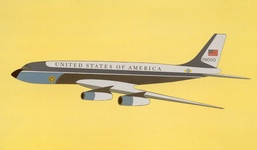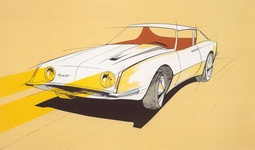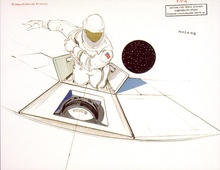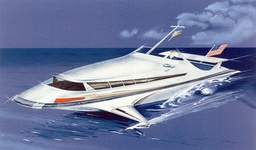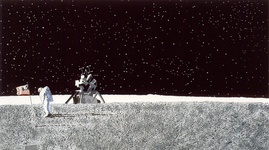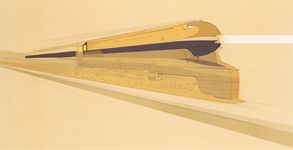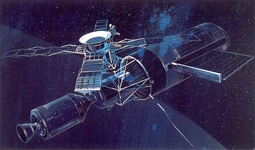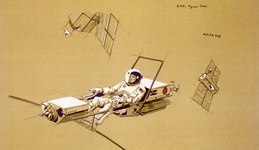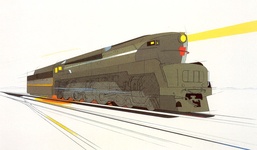Raymond Loewy
Raymond Loewy (born November 5, 1893 - July 14, 1986) was a French-born American industrial designer who, through his accomplishments in product design beginning in the 1930s, helped to establish industrial design as a profession. Acknowledged as one of the most brilliant and colorful figures of 20th Century American Design, Raymond Loewy dominated the pre-and post-war landscape of industrial design.
Arriving in the United States in 1919, Loewy worked as a fashion illustrator for Vogue magazine, starting his own design firm in 1929 and achieved major success in the 1930s and ’40s with revolutionary designs for a large number of household products such as a refrigerator for Sears. In 1945 he formed Raymond Loewy Associates with five partners which became the largest industrial design firm in the world. Loewy’s vision of beauty through the use of “streamlined,” highly functional forms shaped modern industrial design in the United States, and his modernism designs permeated the nation’s lifestyle. Working closely with client engineers, he made notable designs for Studebaker automobiles, locomotives and passenger cars for the Pennsylvania Railroad, buses for Greyhound, and also worked with NASA. He also made important contributions to the design of such products as electric shavers, toothbrushes, ballpoint pens, office machines, soft-drink bottles, radios, and packages, including that for Lucky Strike cigarettes but perhaps his best-known design was that of the Coca-Cola bottle.

